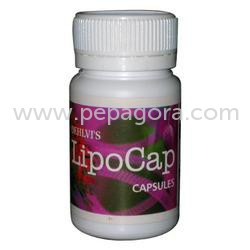

Hyperlipidemia is an elevation of lipids (fats) in the bloodstream. The principal fat in the blood is cholesterol, a naturally occurring substance utilized in creation of body hormones like estrogen and testosterone.Cholesterol is also an essential component of the membrane that surrounds individual cells of the body. Because fat is insoluble, cholesterol must be bound to proteins when it is transported in the blood. This complex of fat and protein is called a lipoprotein. It is an important risk factor in developing atherosclerosis and heart disease. Forms of lipids in the blood include cholesterol, cholesterol esters (compounds), phospholipids and triglycerides. They’re transported in the blood as part of large molecules called lipoproteins.
Types of lipoproteins are: very low-density lipoproteins (vldl), low-density lipoproteins (ldl) and high-density lipoproteins (hdl). High cholesterol and other lipid disorders can be inherited (genetic) or associated with: fatty diets, diabetes, hypothyroidism, cushing’s syndrome, and kidney failure; certain medications, including birth control pills, estrogen, corticosteroids, certain diuretics, and beta-blockers; and lifestyle factors, including habitual, excessive alcohol use and lack of exercise, leading to obesity. People who smoke and also have high cholesterol are at even greater risk for heart disease. Lipid disorders are more common in men than women.
Exporting and supplying herbal extracts which includes ayurvedic capsules, natural capsules, health care capsules, neem capsules, aloe vera capsules, liver capsules, amla capsules and formulated capsules.
More details:View company website
Its Free
Verify Now